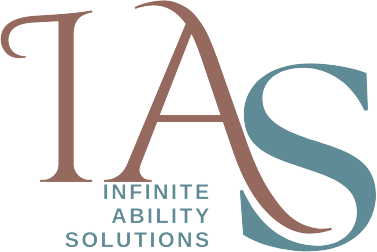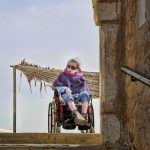People with disabilities in South Africa, as in many parts of the world, encounter various barriers that hinder their full participation in society. These barriers extend beyond physical limitations and encompass social, economic, and attitudinal challenges. Recognizing the importance of inclusivity, South Africa has established legal frameworks to protect the rights of individuals with disabilities. In this article, we will delve into the common barriers faced by people with disabilities in South Africa and explore the laws and regulations that seek to ensure their rights and well-being.
Common Barriers Faced by People with Disabilities
1. Physical Inaccessibility: Many public spaces, transportation systems, and buildings in South Africa lack the necessary infrastructure to accommodate individuals with disabilities. Inaccessible environments restrict their mobility and participation, preventing them from enjoying basic rights and opportunities.
2. Discrimination and Stigma: Negative attitudes, misconceptions, and discrimination towards people with disabilities persist in South African society. This stigma can lead to social isolation, limited educational and employment opportunities, and unequal treatment in various aspects of life.
3. Limited Access to Education: People with disabilities often face challenges in accessing quality education. Inadequate support and accommodations can hinder their learning, perpetuating inequality and limiting their future prospects.
4. Unemployment and Underemployment: The unemployment rate among individuals with disabilities is disproportionately high. Stereotypes about their capabilities and the lack of accessible work environments contribute to their exclusion from the labor market.
5. Inadequate Healthcare Services: Access to healthcare services for individuals with disabilities can be limited, leading to unmet medical needs and reduced overall well-being.
Legal Safeguards in South Africa
South Africa has taken significant steps to protect the rights and dignity of individuals with disabilities through various laws and regulations:
1. The Constitution of South Africa (1996): The constitution guarantees the rights of all citizens, including people with disabilities, to equality, dignity, and access to services. It prohibits discrimination on the basis of disability.
2. Promotion of Equality and Prevention of Unfair Discrimination Act (2000): This act reinforces constitutional protections against discrimination and promotes equality, including for individuals with disabilities.
3. White Paper on the Rights of Persons with Disabilities (1997): This policy document outlines South Africa’s commitment to promoting the rights, dignity, and integration of people with disabilities in all aspects of life.
4. Employment Equity Act (1998): This act seeks to address employment discrimination by requiring employers to take measures to promote equal opportunities for designated groups, including individuals with disabilities.
5. National Policy on Equalization of Opportunities for Persons with Disabilities (2006): This policy aims to create an inclusive society by addressing barriers and promoting the rights of individuals with disabilities.
6. South African Sign Language Act (2014): Recognizing the linguistic rights of the Deaf community, this act seeks to promote and protect the use of South African Sign Language.
7. Rights of Persons with Disabilities Bill (proposed): This bill aims to align South Africa’s laws with the United Nations Convention on the Rights of Persons with Disabilities (UNCRPD), emphasizing non-discrimination, inclusion, and accessibility.
Conclusion: Advancing Inclusion and Equality
While South Africa has made progress in enacting laws to protect the rights of individuals with disabilities, challenges persist. It is essential for these legal frameworks to be effectively implemented and for society to actively embrace the principles of inclusivity and equality. By addressing physical, social, and attitudinal barriers, South Africa can ensure that individuals with disabilities can fully participate in all aspects of life and contribute to the diverse and vibrant fabric of the nation.


